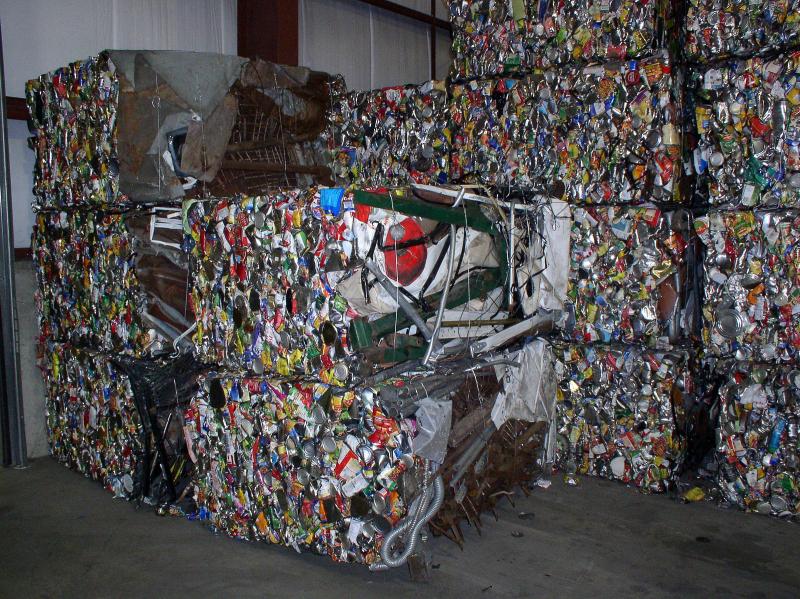
Low-income Mainers are already struggling with record high inflation and the twelfth highest state and local tax burden in the country. But a recycling law signed by Governor Janet Mills on Tuesday will make matters worse for those residents with higher prices at the grocery store and on other goods, doing the most harm to families who can least afford the higher costs.
The new program, known as Extended Producer Responsibility (EPR), will charge packaging manufacturers for collecting and processing recyclable materials, in addition to fees for discarding non-recyclable packaging. The Maine Department of Environmental Protection will set a packaging fee schedule on producers based on the per-ton costs of recycling their materials.
While environmentalists and other proponents of the program claim it will lead to funding for new recycling equipment and more efficient procedures, there is no evidence the new law will reduce the amount of trash in landfills. Nor will it improve recycling technology or allow for local tax relief, as some backers of the EPR program have claimed.
Instead, the EPR program will serve as a regressive, hidden tax as producers shift their higher costs onto consumers. Dr. Calvin Lakhan, a researcher at York University in Toronto, estimates that consumer prices will skyrocket anywhere from $99 million to $134 million every year as a result of the EPR program. For a family of four in Maine, monthly costs are estimated to rise between $32 and $59, thanks to higher costs on products that use disposable packaging.
Though the burden is concealed and indirect, all Maine residents will ultimately bear the economic consequences of the EPR legislation. But for low-income individuals and families, who already struggle to afford basic necessities, higher prices at the grocery store will have a far weightier impact.
From May 2020 to May 2021, Maine saw inflation of 6.6% – the largest rise in the final demand index since the Bureau of Labor Statistics started tracking the figure in 2010. Compared to a national rate of 4.9% over that same period, low-income Mainers are already struggling more than their friends and family in other states. The EPR program will cause even further price inflation during a period when those residents would be better served with tax relief.
At the same time that Governor Mills is imposing what is effectively a regressive tax hike, she’s shunning efforts to tax upper income filers. Lawmakers considered several bills to increase taxes on the wealthy during this year’s legislative session in Maine. LD 498 would have hiked the top income tax rate from 7.15% to 10.15%, an increase of more than 41%, while another bill would have raised the corporate tax rate from 8.93% to 12.4%. But even if they had passed, those bills would never have become law due to Governor Janet Mills’ firm opposition to the proposals.
While she won’t support a direct, progressive tax hike on the wealthy, Governor Mills takes little issue with imposing a hidden, regressive one that harms her poorest residents the most. Mills will have a tough time defending that duplicitous decision against her potential Republican challengers in 2022.
Maine was the first to impose an EPR fee scheme, but it may soon have company. Oregon lawmakers recently passed a similar EPR program under SB 582, which is awaiting Governor Kate Brown’s signature. That bill would raise recycling costs by 30% while only raising the recycling rate by 3%, according to a letter signed by nearly 40 manufacturing and business groups. Like in Maine, those higher costs will be passed on to consumers with higher prices for basic goods, many of which use disposable packaging. If Governor Brown blesses the program with her signature, Oregon will become the second state in the nation to impose a regressive recycling tax on its residents.
Expect lawmakers and governors in other states will continue to pursue EPR legislation in the coming years. This effective regressive tax first enacted in Maine should serve as a cautionary tale to avoid, and not a model for other states to emulate, though progressives will certainly try.

